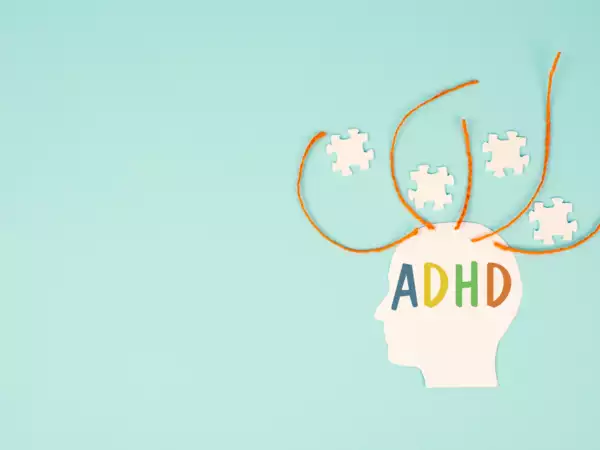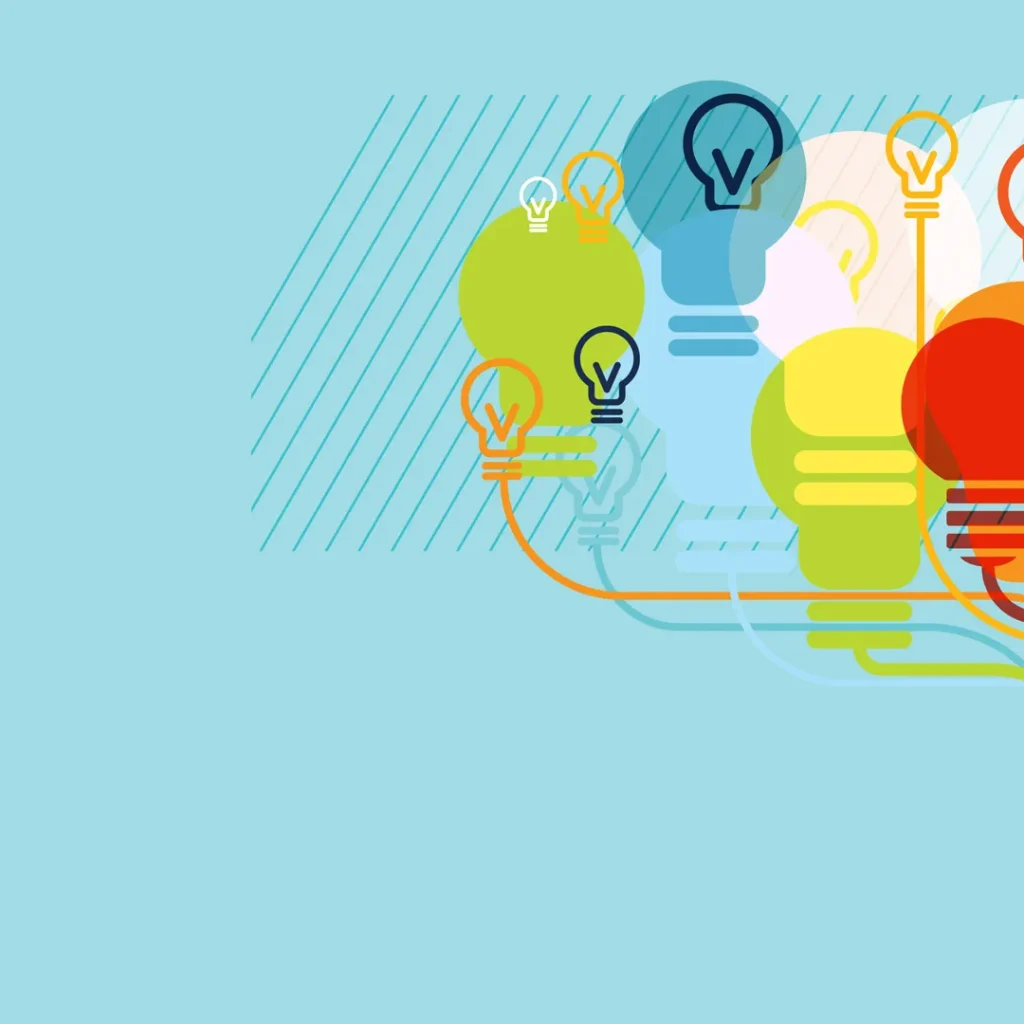ADHD, or Attention-Deficit/Hyperactivity Disorder, is a condition deeply rooted in brain function. Ongoing ADHD neuroscience research sheds light on how this disorder develops, its neurobiological underpinnings, and ways to improve treatment.
ADHD Neuroscience Research:
From the neurobiology of ADHD to the latest ADHD research for 2025, including the symptoms of ADHD such as difficulty focusing, impulsivity, and hyperactivity, are crucial for understanding how the disorder affects daily life and how to best manage it. this article covers everything you need to know.
1. The Neurobiology of ADHD: A Deep Dive into Brain Science
Research shows that ADHD is strongly connected to differences in brain structure and function. Key discoveries include:
- Prefrontal cortex activity: Reduced function impacts attention and self-regulation.
- Dopamine dysregulation: This neurotransmitter imbalance affects focus and motivation.
- Basal ganglia differences: These structures influence motor control and behavior.

These findings confirm ADHD as a neurobiological disorder, moving away from outdated stigmas.
2. Latest ADHD Research for 2025: What’s New?
The latest studies highlight groundbreaking findings:
- Advancements in brain imaging reveal connectivity patterns associated with ADHD.
- Genetic studies identify inherited traits linked to the condition.
- Innovative therapies, like digital interventions, are proving effective for symptom management.

For deeper insights, explore leading ADHD neuroscience books that detail these findings.
3. What Causes ADHD in the Brain?
Researchers agree that ADHD stems from multiple factors:
- Genetics: ADHD often runs in families, with specific genes playing a role.
- Neurodevelopment: Early brain development influences symptoms.
- Environmental influences: Stress, toxins, and lifestyle can exacerbate symptoms.
Understanding these causes improves diagnosis and treatment strategies.
4. Is ADHD a Neurobiological Disorder?
Scientific evidence confirms that ADHD is rooted in brain function, not merely behavior. Differences in brain activity, chemical balance, and neural connections solidify its status as a neurobiological disorder. This understanding helps reduce stigma and fosters empathy for individuals with ADHD.
5. The Role of ADHD Neuroscience Books:
Books on ADHD neuroscience bridge the gap between research and real-world application. They provide:
- Comprehensive insights into ADHD’s neurobiology.
- Practical advice for parents, teachers, and clinicians.
- Latest updates on treatments and coping strategies.
Recommended reads include titles by renowned ADHD researchers for 2025.

6. The Future of ADHD Research:
As research progresses, several areas hold promise:
- Personalized medicine: Tailoring treatments based on individual brain profiles.
- Digital tools: Apps and games designed for focus and memory improvement.
- Expanded awareness: Initiatives to educate the public on ADHD’s scientific basis.
Stay informed with resources like the latest ADHD research for 2025 updates from trusted institutions. Understanding the differences between the ADHD brain and regular brain can help recognize the neurological distinctions that affect attention, behavior, and cognitive function. Explore these valuable insights from experts and continue learning how research advances the understanding of ADHD.
7. Practical Takeaways for Understanding ADHD:
To effectively support individuals with ADHD, consider these points:
- Start with the neurobiology of ADHD to understand its root causes.
- Explore the latest research and tools in ADHD neuroscience books.
- Advocate for inclusive policies in education and the workplace.
These actions can help improve life outcomes for those with ADHD.
Key Takeaways from ADHD Neuroscience Research:
The field of ADHD neuroscience research continues to evolve, providing a deeper understanding of the disorder. From exploring what causes ADHD in the brain to confirming its status as a neurobiological disorder, every discovery shapes better treatment options. Stay updated with the latest ADHD research for 2025 and explore recommended ADHD neuroscience books for further learning.
Conclusion:
The ADHD neuroscience research of 2025 has provided remarkable insights into the neurobiology of ADHD, shedding light on what causes ADHD in the brain and reinforcing its status as a neurobiological disorder. As we continue to understand the condition’s underlying mechanisms, it’s clear that advancements in ADHD research are paving the way for more effective treatments.
ADHD neuroscience books and the latest findings allow us to deepen our understanding and enhance the lives of those affected. By staying informed about these critical developments, we can support better diagnosis, treatment, and support strategies for individuals with ADHD.
FAQS:
Is ADHD real neuroscience?
Yes, ADHD is a real neurobiological disorder, and its effects on the brain have been confirmed through neuroscience research. Studies show structural and functional differences in the brains of individuals with ADHD, particularly in regions responsible for attention, impulse control, and executive function.
What is happening neurologically with ADHD?
Neurologically, ADHD is linked to imbalances in neurotransmitters, particularly dopamine and norepinephrine. These imbalances affect brain regions like the prefrontal cortex, which governs attention, behavior regulation, and decision-making, leading to symptoms like impulsivity and difficulty focusing.
What neuroscience reveals about the ADHD brain?
Neuroscience reveals that the ADHD brain often shows differences in size and activity levels in certain regions, such as the prefrontal cortex and basal ganglia. These differences contribute to challenges in maintaining focus, controlling impulses, and regulating emotions, offering a clearer understanding of ADHD’s neurological basis.
What is the current research on ADHD?
Current ADHD research focuses on uncovering the neurobiological causes of the disorder, with an emphasis on brain structure and function. Studies are also exploring genetic factors, new treatment options, and how environmental influences may affect the development and severity of ADHD, offering hope for more targeted interventions.
External Resources:
The ADHD Neuroscience Book by Dr. Thomas Brown
https://www.amazon.com/Attention-Deficit-Disorder-Driven-Dysfunction/dp/0787975207
CDC – ADHD Basics
https://www.cdc.gov/ncbddd/adhd/guidelines.html

Empowering parents to raise happy, confident kids. Get practical parenting tips and advice on our blog, Smart Parent Guides.
